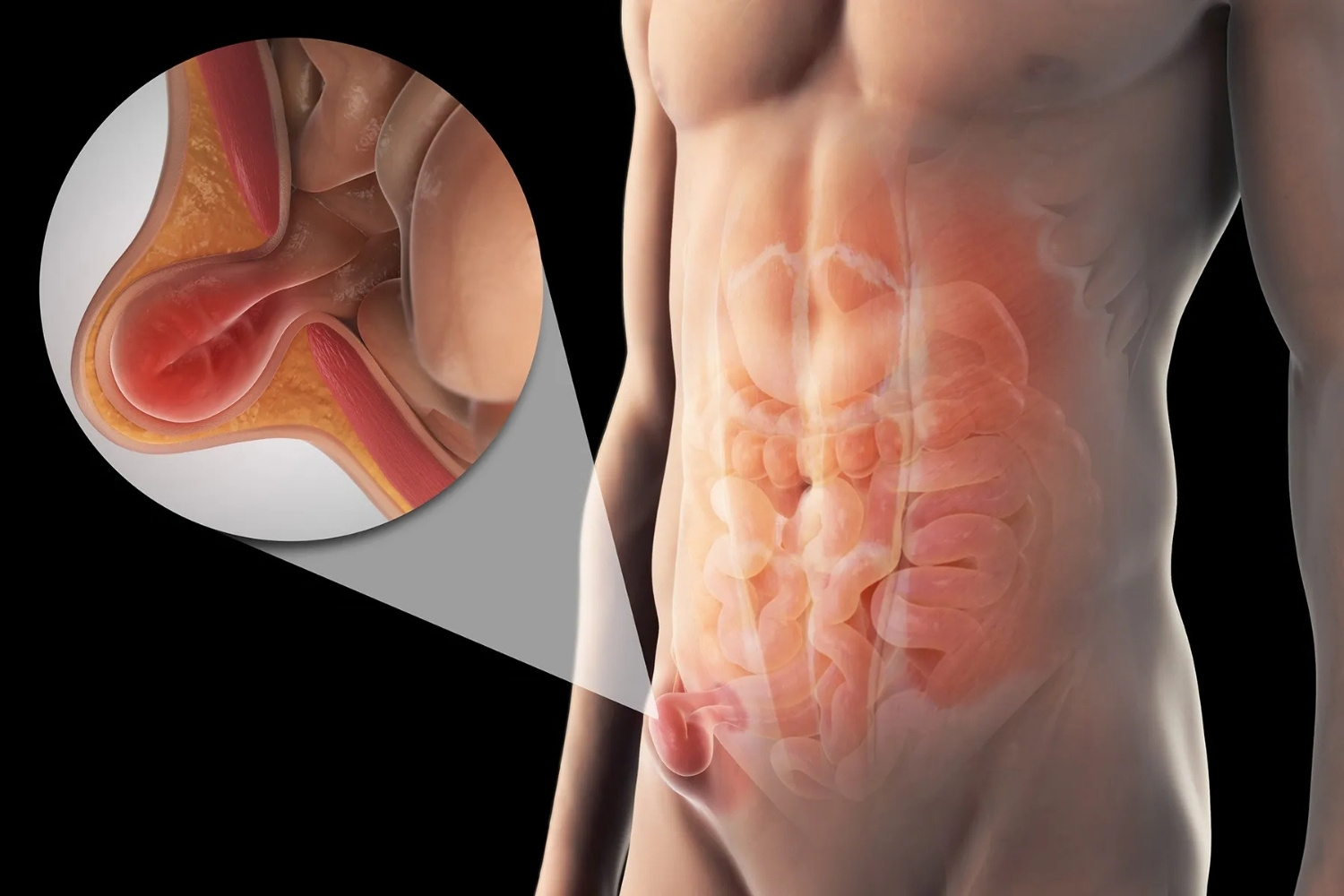Hernias are a common medical condition that can affect anyone, regardless of age or gender. Understanding the different types, symptoms, and treatments is crucial for both prevention and management. This quiz will challenge your knowledge and help you gain a deeper understanding of hernias. Good luck, and let’s see how much you know!
We recommend that you do not leave the page that you are taking this quiz in. Stay honest 🙂
Hernia Quiz Questions Overview
1. What is a hernia?
A bulge of an organ through the wall of the cavity that normally contains it
A type of infection
A form of cancer
A type of bone fracture
2. Which type of hernia is most common?
Inguinal hernia
Femoral hernia
Umbilical hernia
Hiatal hernia
3. What is a common symptom of a hernia?
A noticeable bulge in the affected area
Severe headaches
Blurred vision
Frequent urination
4. Which of the following is NOT a type of hernia?
Inguinal hernia
Femoral hernia
Renal hernia
Umbilical hernia
5. What is the primary cause of a hernia?
Weakness in the muscle or tissue wall
Bacterial infection
Viral infection
Autoimmune disorder
6. Which hernia occurs when part of the stomach pushes through the diaphragm?
Hiatal hernia
Inguinal hernia
Femoral hernia
Umbilical hernia
7. What is the recommended treatment for a severe hernia?
Surgical repair
Antibiotics
Physical therapy
Dietary changes
8. Which of the following can increase the risk of developing a hernia?
Heavy lifting
Eating spicy food
Drinking alcohol
Sleeping too much
9. What is an umbilical hernia?
A hernia that occurs near the belly button
A hernia in the groin area
A hernia in the upper thigh
A hernia in the diaphragm
10. Which diagnostic test is commonly used to diagnose a hernia?
Physical examination
Blood test
X-ray
MRI
11. What is a strangulated hernia?
A hernia that cuts off blood supply to the tissue
A hernia that is very large
A hernia that is painless
A hernia that occurs in the brain
12. Which lifestyle change can help prevent hernias?
Maintaining a healthy weight
Drinking more water
Sleeping on your back
Eating more protein
13. What is the difference between a direct and indirect inguinal hernia?
Direct hernias occur through a weak spot in the abdominal wall; indirect hernias follow the inguinal canal.
Direct hernias are congenital; indirect hernias are acquired.
Direct hernias are painful; indirect hernias are not.
Direct hernias occur in women; indirect hernias occur in men.
14. What is a femoral hernia?
A hernia that occurs in the upper thigh near the groin
A hernia that occurs in the diaphragm
A hernia that occurs in the belly button
A hernia that occurs in the stomach
15. Which of the following is NOT a symptom of a hiatal hernia?
Heartburn
Difficulty swallowing
Chest pain
Frequent urination
16. Can hernias heal on their own without treatment?
No, hernias typically require medical intervention
Yes, they can heal naturally
Only in children
Only if they are small
17. What is the purpose of a hernia belt?
To provide support and reduce discomfort
To cure the hernia
To prevent infection
To increase muscle strength
We recommend that you do not leave the page that you are taking this quiz in. Stay honest 🙂
Can Your Friends Do Better Than You in This Quiz?
Share this quiz with your friends and compare results.
Was this page helpful?
More Popular Health & Wellness Quizzes:
-
Basic ECG Quiz
-
Mental Health First Aid Quiz
-
Pancreatic Cancer Quiz
-
Trauma-Informed Care Quiz
-
Diaper Quiz
-
Alzheimer Quiz











